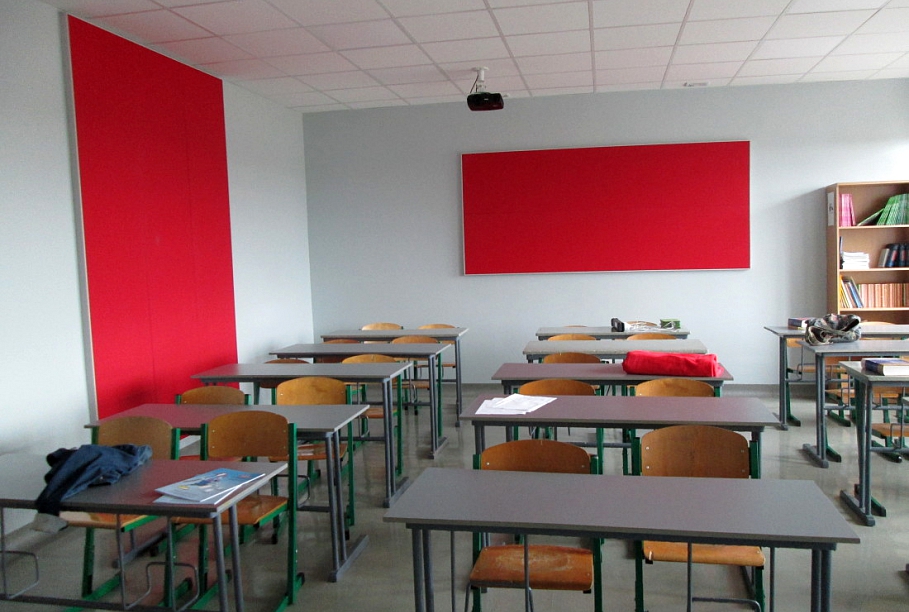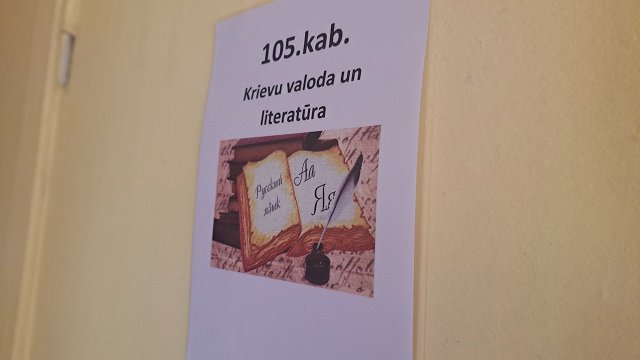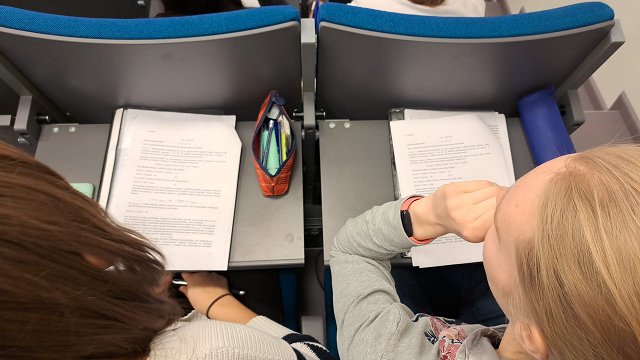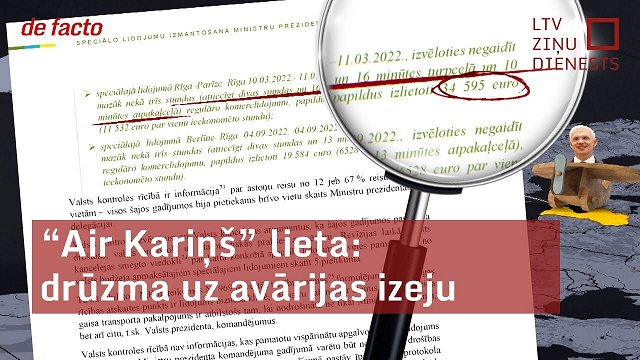Riga city council pointed out that as a result of a new pay model, around a quarter of the teachers in the Latvian capital could expect to take home less money than previously.
Responding to the criticism, both subjective and objective reasons have to be taken into account when considering changes in teachers' wages after the wage reform, the Latvian Education and Science Ministry said.
Commenting on the statement by the Riga City Council that, as a result of the reform, wages had decreased for 26 percent of teachers in the Latvian capital, the ministry's representative, Modra Jansone, told the press that teachers' wages consisted of two components – the basic salary and additional pay depending on the quality (qualification) level of the particular teacher.
The latter component has changed because the existing procedure for determining the quality levels and the respective additional pay is being revised in view of the objections from teachers, she said.
A working group has been established to work on a new procedure which will change the size of additional pay. "We are now in a transition period between the old system and the new system," the ministry's representative said.
She said the Riga City Council had exaggerated the difference in wages when saying that for certain teachers monthly salary had decreased by more than €100. The difference related to the quality levels could be in the range of €30-50, Jansone said.
She also pointed out that the target subsidy to the Riga City Council for education had been increased by €5 million but it was up to local councils to distribute those subsidies among the schools in their respective territories and this might be the reason for the dramatic reduction of salaries to teachers in certain schools in Riga as claimed by the municipal leaders.
Riga Mayor Nils Usakovs (Harmony) said at a press conference that the new wage reform had reduced wages for more than 26 percent of teachers in Riga and for 47 percent of teachers wages had increased but only because the city council had allocated €2 million of its own funds for payments to teachers.
Moreover, for more than 10 percent of teachers, monthly wages had decreased by more than €100, and 4 percent had seen their monthly pay to shrink by more than €200, he claimed.
He took to social media to point out that ministers had voted themselves a nice €700 pay rise while teachers faced pay cuts.
Ministriem algu pacēla, skolotājiem samazināja. pic.twitter.com/I5HDiuXA1x
— Nils Ušakovs (@nilsusakovs) October 18, 2016
Riga City Council will file a complaint with the Constitutional Court about teachers' wage reform by the beginning of next week, Usakovs said.
With the issue threatening to cause a major headache for the government, and with teachers already having threatened industrial action, Prime Minister Maris Kucinskis said that the Education ministry needs to communicate with society more effectively.
Pedagogi, kuriem algas palielinājušās, klusē, bet tie, kuriem sarukušas- liek sevi manīt. IZM aktīvāk jākomunicē ar sabiedrību @RitaPanorama
— Maris Kucinskis (@MarisKucinskis) October 18, 2016
































